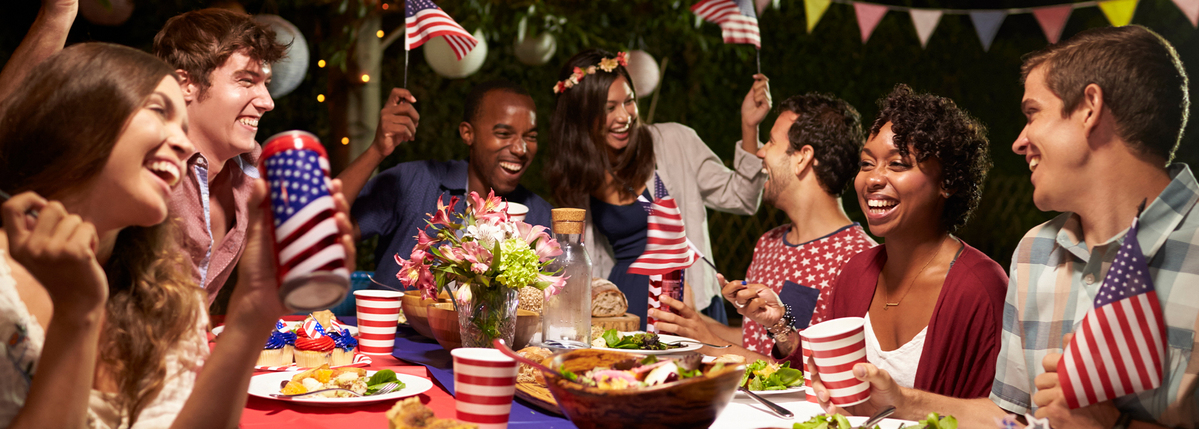Does Your Weight Affect T2D Management or the Other Way Around?
Written by: Tasmiha Khan
4 minute read
December 21, 2022
We break down the relationship between weight, obesity and T2D and how changes in weight may affect your diabetes management, and vice versa.
If you manage type 2 diabetes (T2D), your diabetes care team may have discussed weight management as part of your diabetes management plan.
If you live with obesity or are overweight, you may have heard that obesity is the cause of T2D or that weight loss can reverse the condition. That’s not the case, the human body is a lot more complicated than that!
The stigma around weight and diabetes, unfortunately, contributes to oversimplified and inaccurate information and misconceptions.
Here, we’ll spell out the relationship between weight, obesity and T2D and the different ways obesity and changes in weight may affect your diabetes management, and vice versa.
Obesity doesn’t cause diabetes
Outside of a small percentage of people, diabetes has no single cause. Multiple genetic and environmental factors play a role in how T2D progresses.
While living with overweight or obesity does increase your risk of T2D, being at a lower body weight does not mean you can’t develop T2D, just as being at a higher weight doesn’t automatically lead to diabetes.
However, similar biological mechanisms contribute to T2D and obesity, which is why many people with T2D experience obesity or have difficulty managing their weight.
Weight + T2D: What’s the connection?
Obesity and T2D are both metabolic conditions. Your body’s metabolic function, or metabolism, simply refers to the process of converting food into energy that your cells and organs can use or store for later.
While that might seem straightforward, our bodies are sensitive to changes in metabolism, and issues arise when you get too much or too little of the essential substances that fuel your body.
After all, metabolism is essential for our bodies to create energy, circulate blood and even maintain breathing.
The role of insulin resistance
Insulin resistance causes cells to become less sensitive to insulin, affecting how your body regulates blood sugar and uses and stores energy from food.
“High insulin levels cause damage to blood vessels, and affect other pathways that contribute to metabolic syndrome,” said Dr. Aalia Al-Barwani, an obesity medicine specialist based in Houston, who works with patients with T2D.
The resistance to the entry of glucose into the cell may leave you feeling hungrier—which can increase your food and sugar intake—and lead to increased production of insulin and potential weight gain.
It’s important to note that anyone can face metabolic syndrome and insulin resistance, regardless of weight.
Elevated insulin levels are thought to increase how the body stores fat, so obesity increases a person’s risk of diabetes, Al-Barwani said.
Whether or not you live with T2D or prediabetes, the same intervention that manage or prevent T2D, such as diet modifications and exercise, are effective in managing insulin resistance, Al-Barwani said.
In fact, some medications for T2D are shown to be effective at treating obesity. This may be because the two conditions have similar biological causes. Many commonly prescribed T2D medications can also cause weight loss, especially newer ones like GLP-1 and SGLT-2 medications.
The molecule that makes up Ozempic, semaglutide, was approved by the Food and Drug Administration in 2021 to treat obesity under the brand name Wegovy.
The newest diabetes medication on the market, Mounjaro (tirzepitide), has been shown to have significant effects on weight, A1c and cholesterol—which are all affected by metabolic syndrome.
Weight changes can affect T2D management
If you have diabetes or live with someone who does, it may feel that managing blood sugar levels is as much of an art as it is a science—so many factors impact your numbers. Whether or not weight management is part of your diabetes care plan, it’s important to understand how changes in weight can impact how your diabetes medications work.
Being at a higher weight can correlate with increased insulin resistance, making it harder to achieve time-in-range and require more insulin.
Therefore, if you’re weight has changed and you notice your T2D management protocol isn’t having the same effect on your blood sugar, it’s important to tell your doctor.
When insulin resistance increases or decreases, it changes how your medications work in your body, so your doctor may want to adjust your dose if your blood sugar readings are regularly higher or lower than before.
Editor’s note: Educational content related to weight management is made possible with support from Lilly, an active partner of Beyond Type 2 at the time of publication. Editorial control rests solely on Beyond Type 2.

Author
Tasmiha Khan
Tasmiha Khan is an independent journalist whose work has appeared in The New York Times, The Washington Post, National Geographic and Vox among others. Currently, Khan covers a wide range of topics related to health and race. Follow Khan on Twitter at @CraftOurStory.
Related Resources

The biggest barbecue day of the year is the 4th of July! Celebrating the 4th...
Read more

Hypoglycemia and severe hypoglycemia are two things against which all people with diabetes should be...
Read more

Whether or not you have type 2 diabetes, you must eat. You must also pay...
Read more

